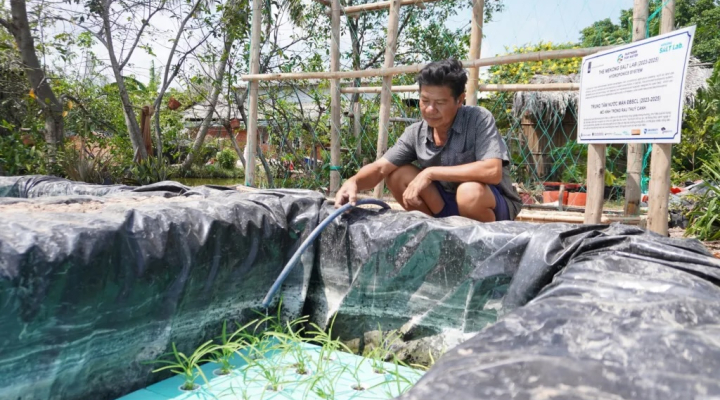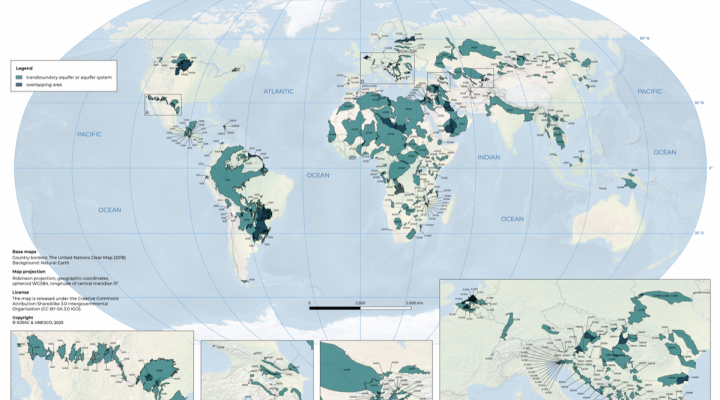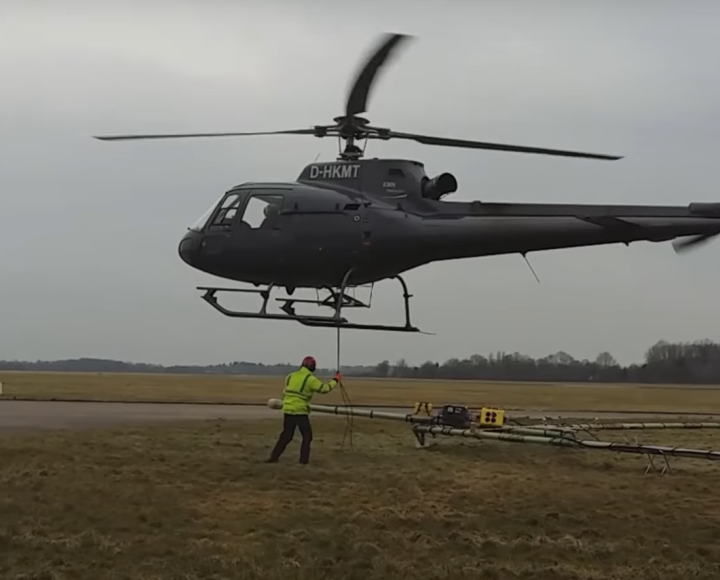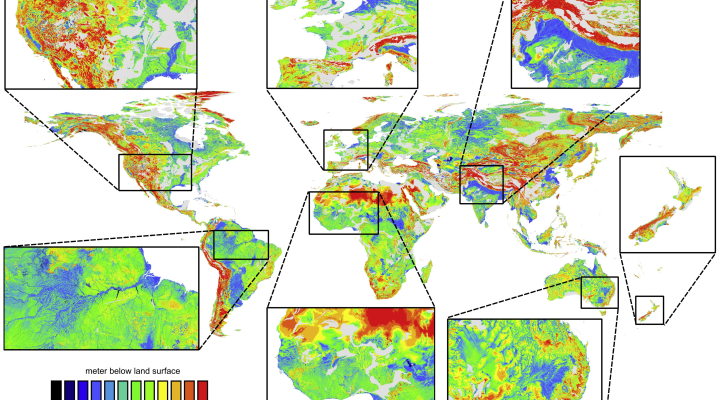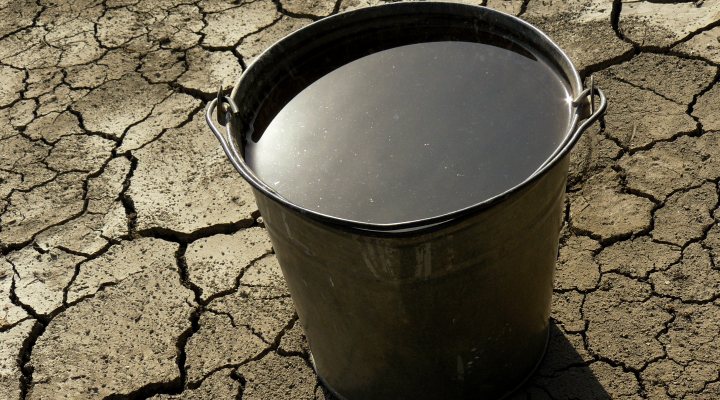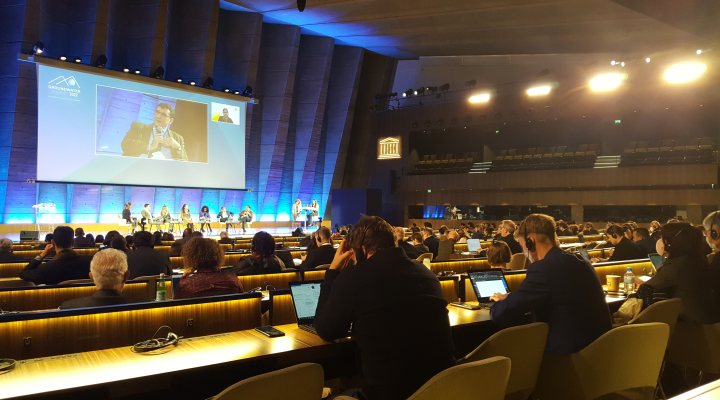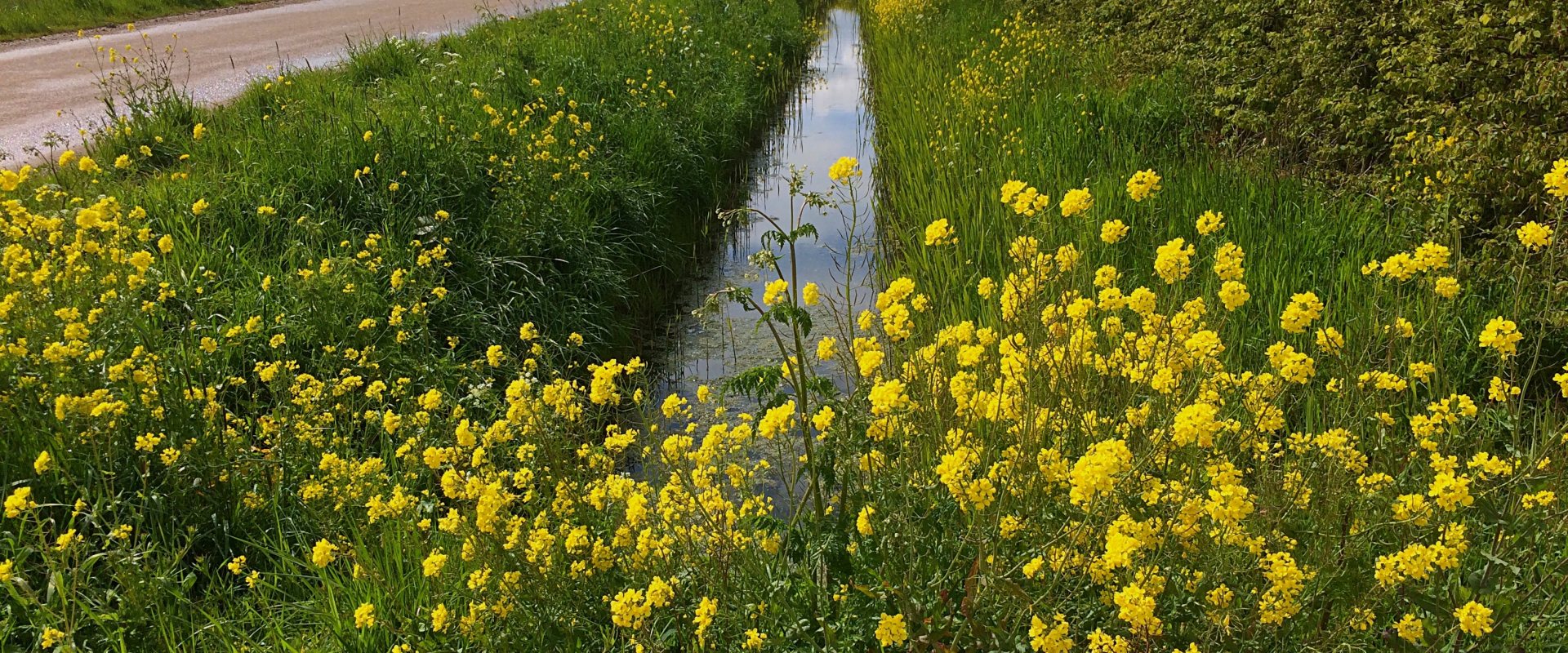
Future-proofing groundwater management
Groundwater is one of the most undervalued resources we have. Unseen, its challenges often seem not to give cause of concern. Only when groundwater aquifers are getting depleted or water quality deteriorates, its value surfaces. It takes decades to restore aquifers, if possible at all. At the same time, it is the most important source for drinking water supply, agricultural activities, industrial production, and nature conservation. This underlines that groundwater management is not a stand-alone activity. Besides its technical dimension, groundwater management benefits from multi-stakeholder involvement, good governance, and societal awareness.
With 55% of Dutch tap water originating from groundwater, sustainable groundwater management is of high importance in the Netherlands. Due to climate change and increasing demand for fresh water, groundwater sources are under increasing pressure. We have seen a severe drop in precipitation, because of persistent droughts in recent years. Groundwater extraction policy as well as its technological systems have relied heavily on a stable availability of groundwater. Giacomo Galli, Senior Policy Advisor with the Dutch Ministry of Infrastructure and Water Management, is tasked with identifying current challenges on groundwater quality and quantity, as well as defining which efforts are needed to future-proof groundwater management in the Netherlands.
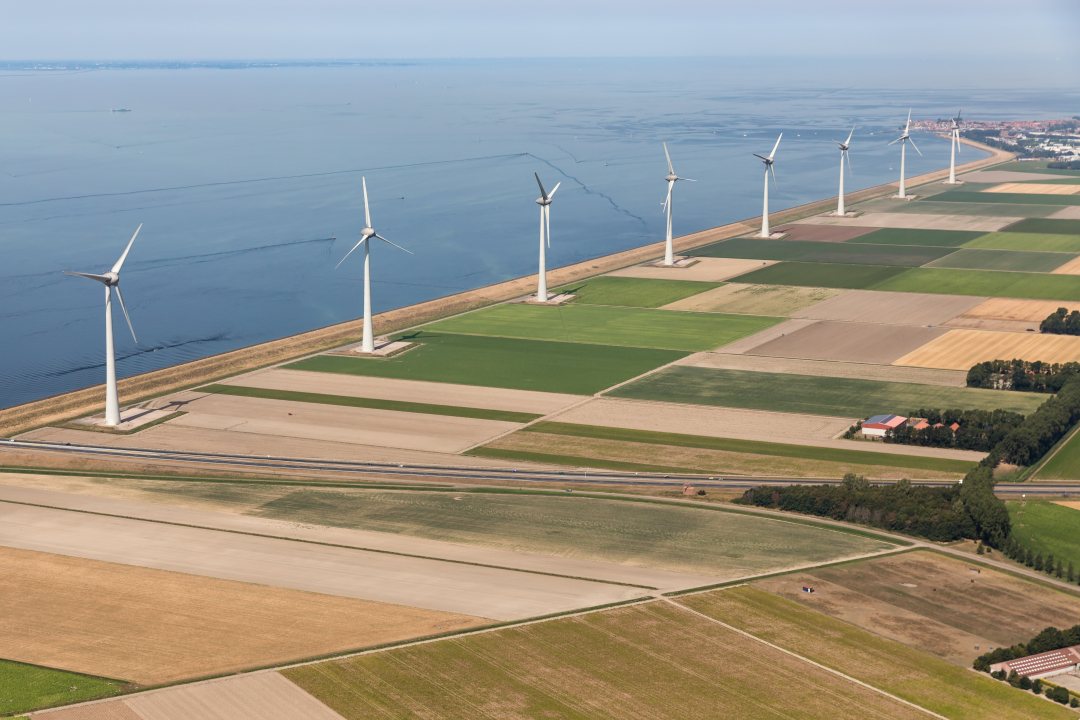

Infinite resource
The drought of 2018 was an important wake-up call for the Netherlands where it comes to replenishing our groundwater levels. Giacomo Galli: "In the Netherlands, groundwater is a common pool resource which has been regarded as an infinite resource for too long. This has led to strong vested interests: a variety of sectors are highly dependent on the availability of cheap, clean groundwater. Part of the challenge in addressing groundwater problems ultimately lies in finding ways to address these interests. Aside from that, groundwater systems respond slowly to change, which means that even drastic measures will not lead to rapid recovery of aquifers. Prevention is always better."
Raising awareness
A big part of addressing groundwater challenges is societal awareness. According to the 2014 OECD report 'Water Governance in the Netherlands: Fit for the Future' the Netherlands performance and sustainability of water management was undermined by a striking ‘awareness gap’. Dutch citizens were rather oblivious to key water management functions, how they are performed and by whom. Many people in the Netherlands are not aware of the origin of the water they drink. This awareness gap is largely a result of a high level of trust in the government, drinking water companies and regional water authorities.
"Despite efforts, awareness on drought at the public level is still almost inexistent here. After a few raindrops most people believe a drought has passed, while it may take a long time before an aquifer can recharge. We can certainly learn from other countries how they mobilize the public into efficient use of water", says Galli. And what about more campaigning, raising the awareness among Dutch citizens? "Campaigns are part of the effort here too, but mainly efforts are put into multi-stakeholder dialogues at national and regional level. The goal of these dialogues is to find agreements to address groundwater challenges on a professional level."
Turning the tide
With a growing population and increasing demand from industry, the pressure on groundwater for drinking water purposes will increase. Climate change, especially effectuated through longer periods of droughts, adds to this pressure. "The Netherlands is active on a wide variety of topics in this area. We have dedicated government programmes dealing on various ways to adapt to climate change and water related challenges.”, according to Galli.
And that is not the only inspiration the Netherlands can draw from. "On an international level, the Netherlands is working together with different partners on groundwater challenges. They too experience the consequences of climate change, resulting in water quality and water quantity threats", says Galli. "We share our knowledge on governance and collecting data for instance and learn a lot in return."
In light of the 2022 International Year of Groundwater, and the UN Groundwater Summit in December, the Netherlands is putting more emphasize on this highly underestimated and undervalued resource. This starts of course in our own country.




